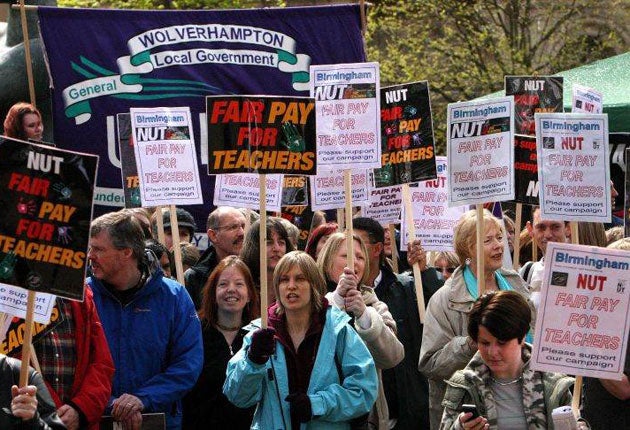Dark age of strikes is over for good

There are people in Britain's old mining villages or around Wapping in east London who are still not on speaking terms because they were on opposite sides of the bitter industrial conflicts of the 1980s. The resentment that strikers felt against workers who crossed the picket lines has endured for a generation.
Because of the huge numbers who are being called out in the next wave of strikes, it is almost inevitable that there will be strike breakers again – and their numbers are likely to go up rather than down if the dispute drags on. Occasionally, companies may boost the numbers of strike breakers by bringing in temporary workers – as during the Royal Mail dispute in 2009.
Strike breakers collect their pay while those on the picket line sacrifice theirs. And if the union representing the workers succeeds in wringing concessions from employers, the strike breakers pick up the benefits in the same way as the strikers. It is not surprising that they are resented.
But however great the ill feeling, they are not likely to experience the kind of intimidation that formed the dark side of disputes of the past. The law no longer permits mass pickets, which once made crossing the line a very daunting experience. And the communities in which today's public-sector workers live are not like the old pit villages, where all the neighbours knew who went on strike and who was a "scab". The unions will plead and cajole, but in the end no one will be forced to strike if they really object to it.
A Downing Street source said last night: "People have the right to strike, but they also have the right to work. If people want to work, they will have our full support."
Join our commenting forum
Join thought-provoking conversations, follow other Independent readers and see their replies
Comments
Bookmark popover
Removed from bookmarks